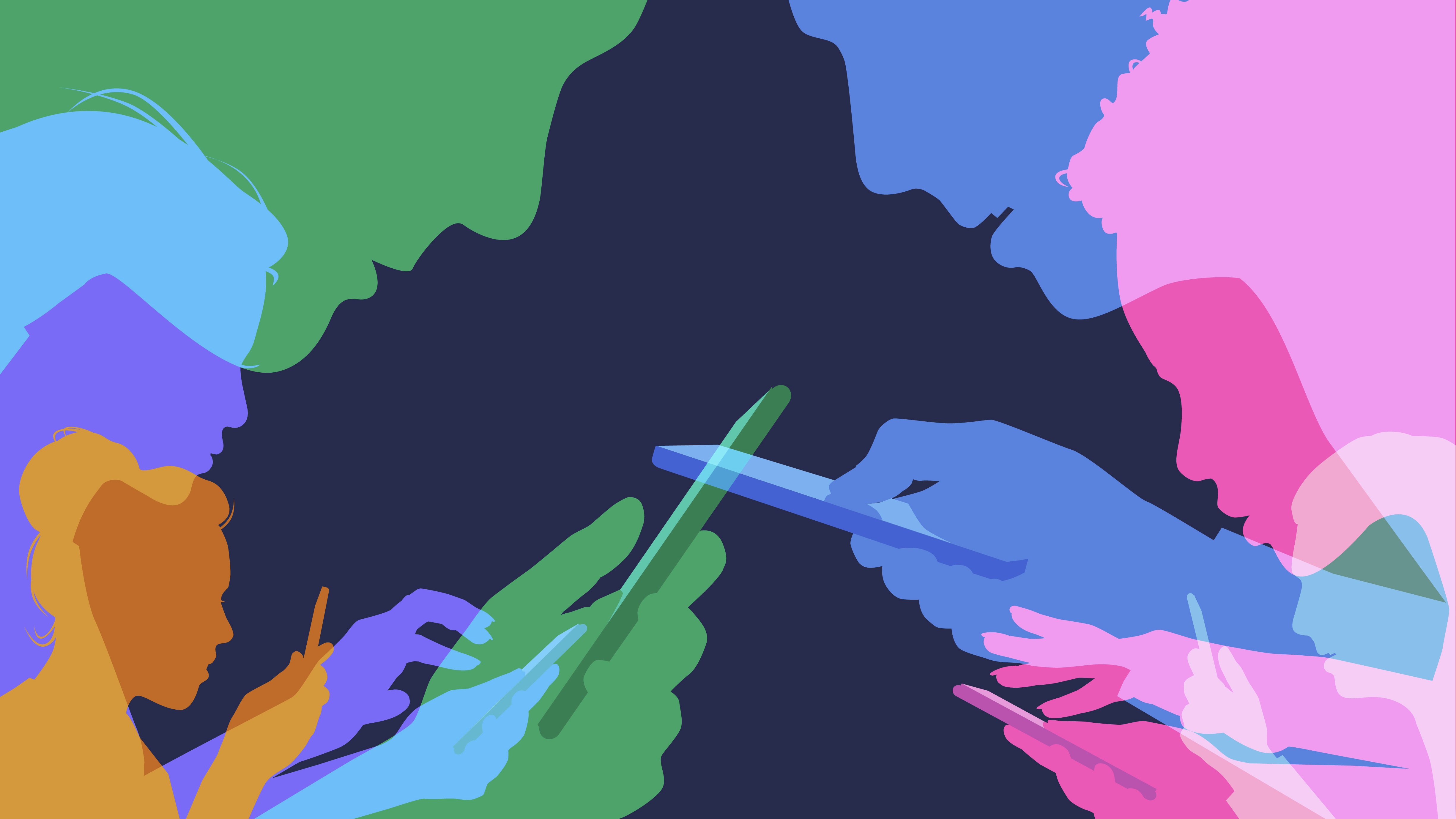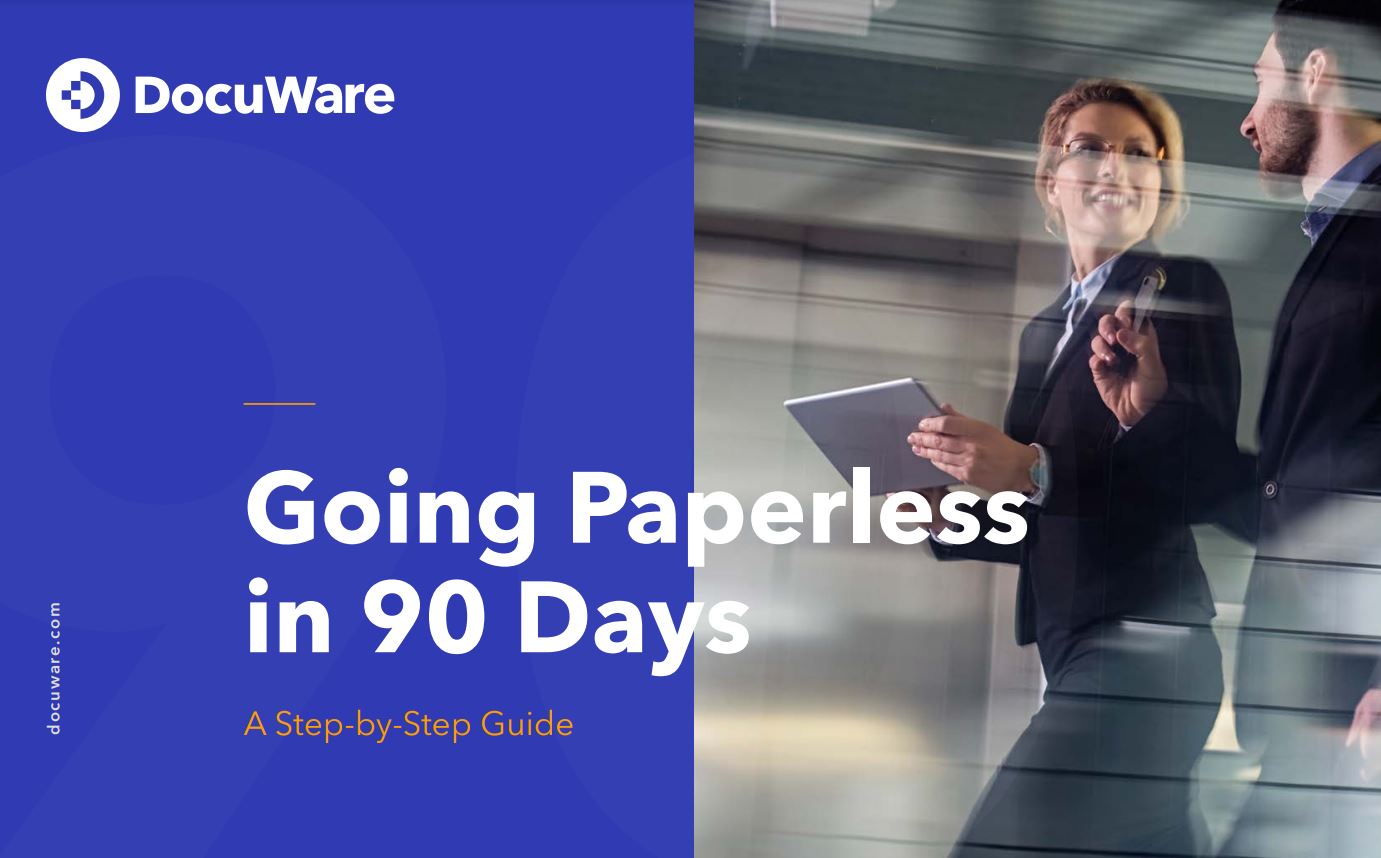We aren’t spending too much time on our smartphones, actually
The web is stuffed with articles making us feel guilty about staring at our phones, but five hours or more of screen time makes perfect sense for me


While on maternity leave, my phone sent a notification that I’ve never previously noticed, alerting me to the fact I’d spent upwards of seven hours staring at the screen the day before. Apparently that was down from the prior week.
Does that alarm you? Does it sound like a lot? It did to me, at first.
And no wonder, given the many headlines shrieking about smartphone addiction. The New York Times ran a story in February offering advice on breaking a phone addiction, and according to Newsweek, even a zoo gorilla is obsessed with smartphones. To help us, a Berlin-based startup called Not Less But Better just won nearly a million euros in funding to develop a tool to help us escape smartphone addiction.
It’s alarming to do anything for seven hours that isn’t sleeping, but the additional thought that I was wasting my infant daughter’s early life staring at my phone didn’t sit right. It also didn’t sound accurate.
But then I considered what my life was like at that moment in time and it involved many hours trapped beneath my baby, either playing with her, feeding her or holding her while she slept. The latter is when I get most of my screen time in, I would hazard a guess. While I do spend ages gazing adoringly at her face, I have also read entire novels in one butt-numbing sitting, grateful she had finally fallen asleep and unwilling to attempt moving her, and played hours of mindless games while she fed at 3am and then 4am and then 5am.
Go check your own screen time stats, and let’s compare. (There are settings you can acces in both Android and iOS; go to the Digital Welleing dashboard on the former and Screen Time on the latter). As my daughter is a bit older now and we actually leave the house — let’s see how much you get out with a newborn in winter in a pandemic — my daily average slid to five-and-a-half hours.
I’ll add the caveat that at least some of that time wasn’t spent actually staring at the screen, as I no longer turn my phone off, but chuck it aside because my daughter has a sudden need, leaving the screen to slowly fade out and lock on its own. That may not sound like a lot, but do it several dozen times a day and it adds up.
Sign up today and you will receive a free copy of our Future Focus 2025 report - the leading guidance on AI, cybersecurity and other IT challenges as per 700+ senior executives
According to my phone, my two most used apps were Chrome (1hr 43mins) and our baby-tracking tool, Onoco (1hr 17mins). In the former, I was shopping, doom-scrolling Twitter and reading articles. For the latter, I not only enter relevant data but also check it constantly to know how long it’s been since a nap, feed or change, so I generally know exactly why the baby is mad at me. It’s deeply helpful, let me tell you. My next-most-used app was WhatsApp (1hr 14mins), largely made up of chatting with friends as family as well as begging my working-from-home husband to fetch me coffee and biscuits.
RELATED RESOURCE

So far, nothing to be ashamed of. If I were reading the newspaper, tracking naps with pen and paper, or shouting at my husband, there’d be no problem, after all. And while I also spent nearly an hour on Instagram and equally as long playing a mindless game, quite a bit of time was with the camera app open — no wonder, given my baby is adorable. Again, if I spent my maternity leave photographing my child with a DSLR and mailing the photos to my parents in Canada, I’d be a diligent daughter, not a smartphone addict.
A friend of mine, also a mother, asked her own mother how she spent long late nights awake with a baby without a smartphone. The answer: she stared at her daughter’s face while she slept. I do that too, don’t get me wrong, but I also pay my bills, send photos to my in-laws, and keep on top of my messaging, meaning I don’t need to take care of such chores when my baby is awake.
Some people undoubtedly spend too much time staring at a screen, and I’d be worried if my daughter ever racked up seven hours of screen time in a single day. But my phone has helped me avoid feeling out of touch or disconnected when stuck at home in winter on maternity leave in a pandemic. Motherhood can be an existential crisis, where what used to fill your brain is replaced by no-less-important information about keeping your child happy and healthy. Being able to stay in touch with friends and on top of news helped me feel like myself, albeit a digital version of myself.
Several hours a day of screentime isn’t a sign of addiction, but evidence of just how important a lifeline my smartphone was for me. That, and it let me take about 30,000 photos of the new person we made. If nothing else, I admit I may be addicted to baby photography.
Freelance journalist Nicole Kobie first started writing for ITPro in 2007, with bylines in New Scientist, Wired, PC Pro and many more.
Nicole the author of a book about the history of technology, The Long History of the Future.


